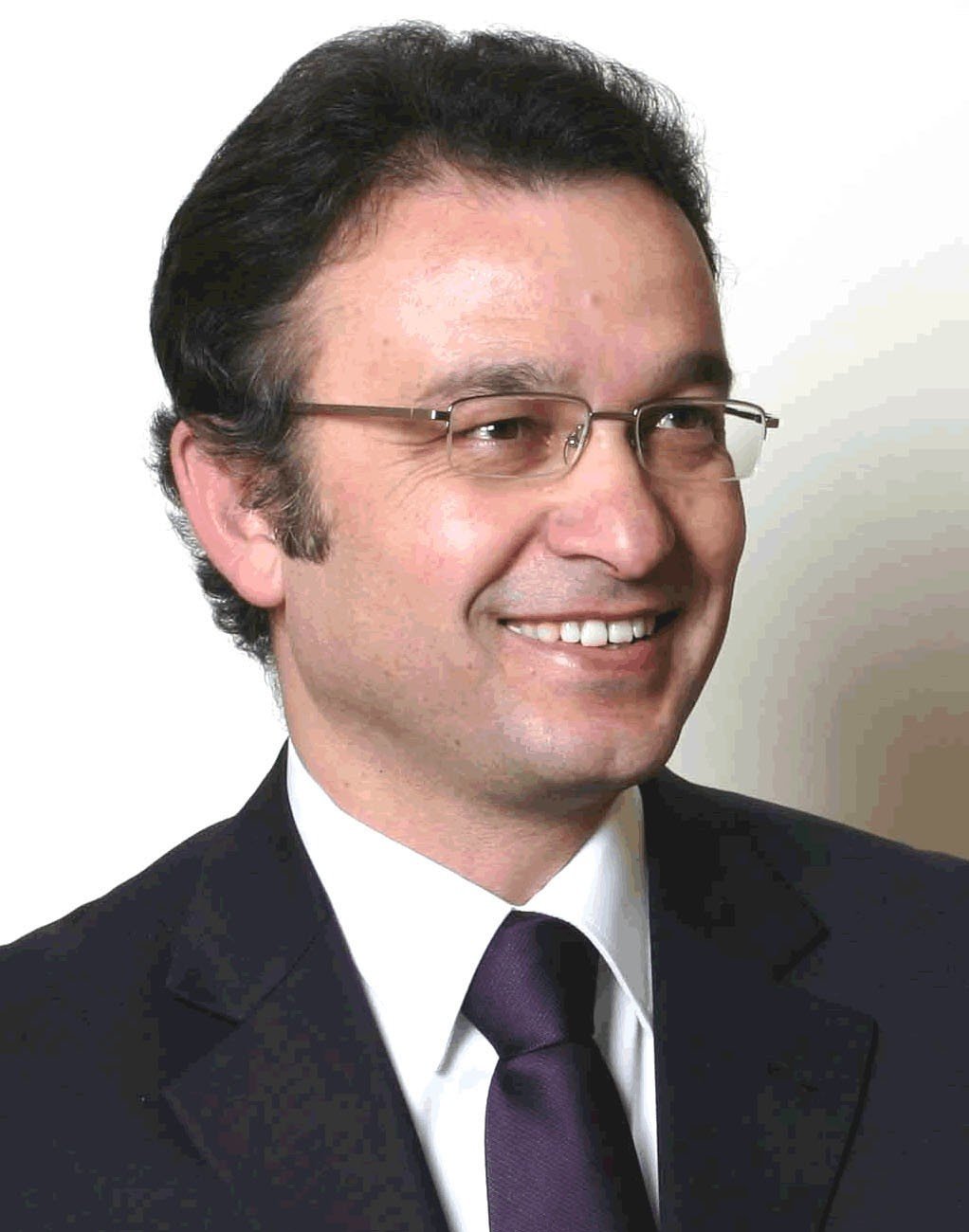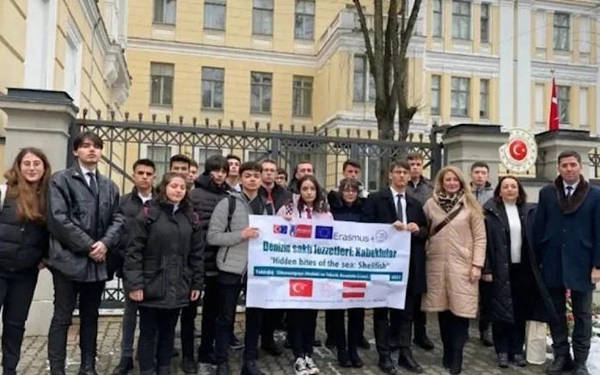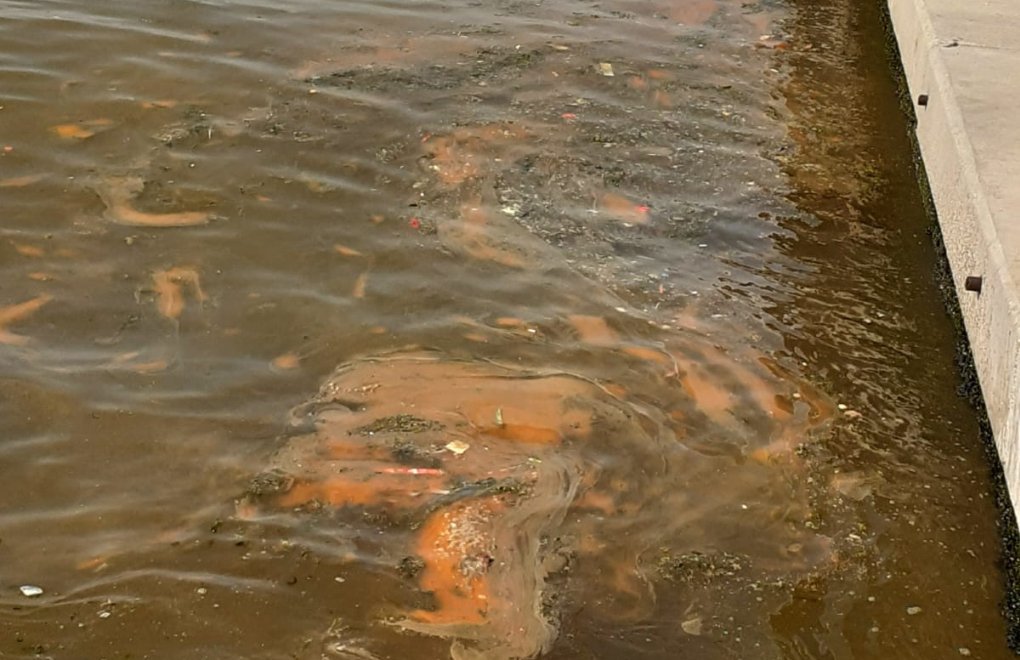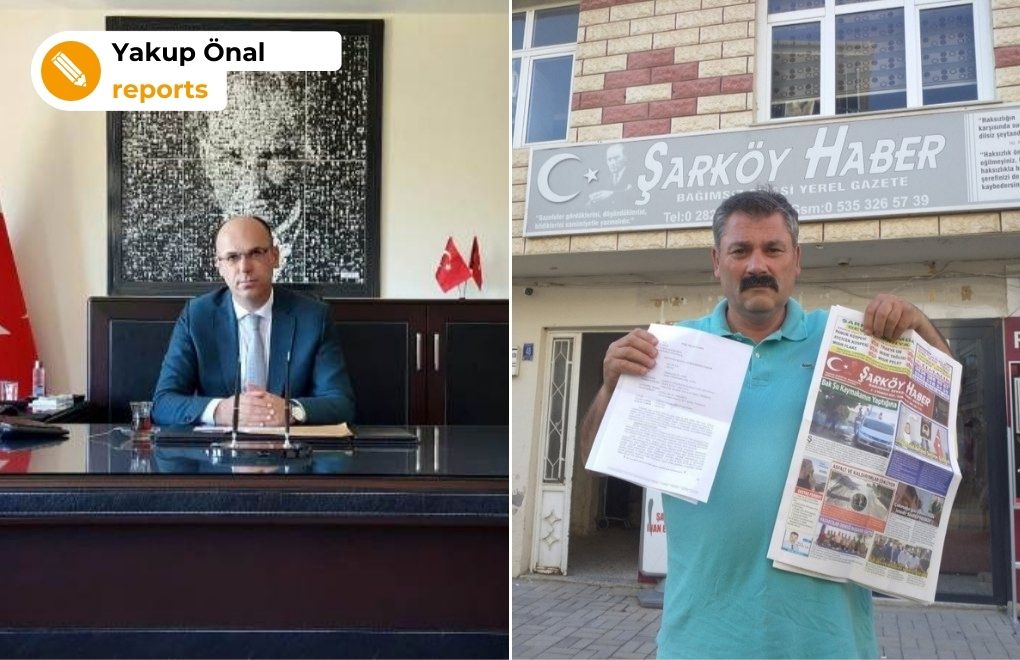In Şarköy, Tekirdağ, a region steeped in centuries-old viticulture and winemaking traditions in Turkey's Thrace region, the number of winemaking establishments, which was more than 40 in the early 2000s, has now dwindled to fewer than 10.
As the production of wine grapes continues to decline, local entrepreneurs in Şarköy are confronted with a new challenge due to a new regulation scheduled to come into effect on January 1.
Cem Çetintaş, the owner of Melen Winery in Şarköy, asserted that the regulation poses a threat of extinction to all small and medium-sized winemaking enterprises in Turkey.
According to the new regulation, an annual guarantee of 5 million liras will be imposed on those with a yearly capacity of 20,000 liters or less in the main category of fermented alcoholic beverages (1 US dollar = 29.15 Turkish liras). For those with capacities ranging from 20,000 liters to 300,000 liters, the guarantee will be 10 million liras, and for those with capacities exceeding 300,000 liters, the guarantee will be 30 million liras. For distilled alcoholic beverages, regardless of annual capacity, a guarantee of 50 million Turkish liras will be required.
Furthermore, these amounts will be reassessed annually, and producers failing to meet these conditions will have their production permits revoked.
"Unfair competition”
Çetintaş argued that the regulation favors high-capital foreign companies in the market, leading to monopolization and benefiting importers, while causing losses for boutique producers. "Grape producers and farmers, who make a living through vineyards, will be forced to sell their products at lower prices due to monopolization. They may even incur losses,” he said.
"This regulation is a severe blow to alcoholic beverage production in Turkey. If implemented, many companies will be at risk of discontinuing their production," Çetintaş added.
He emphasized that wines produced from local grapes are gaining increasing demand in foreign markets. Çetintaş highlighted the efforts of many local producers who, despite the diminishing local grape varieties, have managed to reintroduce and cultivate them.
“A significant number of these companies have created new vineyard areas and equipped their production facilities with new technologies to enhance quality over the past 10-15 years,” he said. “In this unfair competitive environment, many of these producers will be unable to continue their activities, leading to the loss of valuable contributions.”
Ripple effect
"Firms forced to withdraw from the sector will not only witness the squandering of their considerable investments, but also the adverse effects on the grape producers, vineyard workers, winery employees, marketers, transporters, and their families,” Çetinkaya further said.
“When elements such as box manufacturers and bottle producers, who supply inputs to these companies, are added, the scale of the loss becomes much greater.
"Companies operating on important tourism routes such as Takya Vineyard Route, Urla Vineyard Route, and Çal Vineyard Road, which create significant tourism inputs in the fields of eno-tourism (vine and wine tourism), gastronomy, and cultural tourism, are being affected by this regulation.
“Therefore, restaurants, hotels, and local producers operating on these tourism routes will also be affected. Particularly in the gastronomic world where the local cuisine stands out, quality local wine is a crucial component.
“The elimination of boutique production will lead to the disappearance of one of the most significant assets in the hands of restaurants. The unique and local identity of production will be replaced by standardization.
"For these reasons, the regulation prepared by the Ministry of Agriculture and Forestry contains significant injustices for the sector. A sector that holds immense economic and cultural value for Turkey is now facing the threat of extinction.
"As winemakers, we demand the reconsideration and evaluation of this regulation. We expect support for the sector in Turkey, similar to Europe, to enhance its competitiveness both domestically and internationally.” (YÖ/HA/VK)










.jpg)

